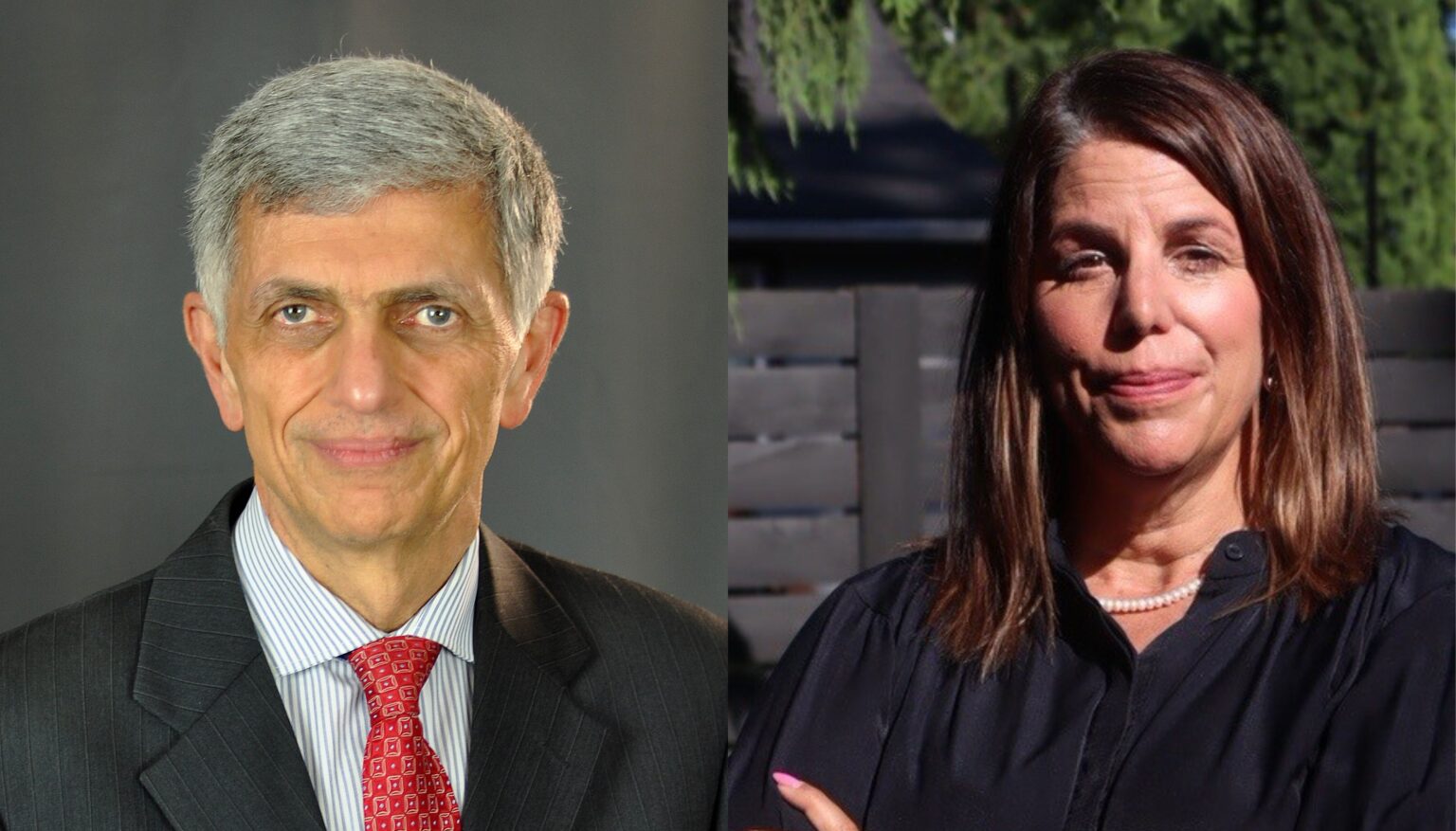Opinion: School boards must regain Oregonians’ trust. Here’s how.
Published 11:12 am Monday, April 18, 2022

- David Calaway shouts Aug. 10, 2021 during a contentious school board meeting at Bend High School.
It used to be, no matter what their concerns about the state’s education system, Oregonians would regularly tell pollsters that they liked their local schools and trusted their local school boards. But that baseline of local support, which has sustained our schools through good times and bad, is in danger of fracturing, even as the public overwhelmingly agrees that we need to do more for our kids.
A new survey by the Oregon Values and Beliefs Center (OVBC) finds that only a minority of Oregonians (36%) now feel that their local school boards represent their values and beliefs. A slightly larger plurality (38%) feel they don’t.
Trending
But the same survey registers strong majorities in favor of more expansive goals for Oregon’s education system and broader supports for families with children.
How we can better align school boards increasingly embroiled in contentious policy issues with an electorate that supports programs to better support the “nurturing of the whole child” is the question that the latest OVBC survey brings to the fore.
Let’s start with the positives: Oregonians want more support for “students of all ages” in ways that will have to involve not only local schools but their larger communities.
Respondents rated as very or somewhat important the need for programs to increase resources for culturally responsive suicide prevention (84%); reduce barriers to behavioral health services (83%) and use health care payment reform to ensure comprehensive medical health services (79%).
For preschoolers, Oregonians are similarly of like minds, rating as very or somewhat important early support for families with young children with special needs (82%); making child care more affordable (79%), and helping first-time parents support their children’s early learning, health and emotional development by providing home visits and parent education programs (68%).
Many of these programs are well beyond the traditional remit of local school boards and will require new resources and community engagement to bring them to scale. But it doesn’t appear from the survey that inattention to these priorities is what troubles parents about their school boards.
Trending
Rather, it has been the disruptions of the pandemic and the insertion of culture war issues in school board elections and policy decisions that are dividing local communities. Among more than 200 comments offered by respondents on their views of their local school boards, most centered on masking and vaccination requirements; social justice, racial and cultural issues affecting what can be taught, said or displayed in the classroom; differing conceptions of diversity, equity and inclusion; “right wing” and “left wing” agendas.
School boards aren’t immune from the contagion of overheated political issues. Partisan splits on issues that affect teaching and learning are inevitable. On the subject of developing and integrating culturally inclusive learning materials in school curricula, for example, the OVBC survey found that 89% of Democrats support that approach, while only 40% of Republicans do.
Still, there appears to be more consensus than contention on issues that have divided voters in other states:
Three out of five (62%) Oregonians agree that schools “should tend to the social, emotional and mental health needs of students.”
More than half (54%) believe that “students should be taught content that is historically or scientifically accurate, as determined by state experts.”
Well less than half (37%) support vouchers for “parents to choose which schools their children should attend and … which curriculum their child should learn.”
School boards will continue to face tough challenges to balance the diversity of values and beliefs that their constituents expect them to honor. But the survey ends with a hopeful set of findings on the best next steps for our kids: More than nine out of 10 Oregonians support one-on-one or small group tutoring for students who need extra support; similar numbers (85%) support “increasing access to sports, clubs, arts and other extracurricular activities by removing barriers like pay-to-play fees.“
Both of these approaches will fit well with the expansion of funding for summer school programs recently approved by the Legislature. Near term, these are tangible, feasible and affordable initiatives that can help kids and unify their elders.
Longer term, Oregonians’ strong support for “nurturing the whole child” offers a promising path forward for school boards and the families they represent. Doing better for our kids will require more coordination with health care and social service providers at the local and regional level, reconnecting with the common purposes of all involved and, in the process, repairing the fissures that undermine community trust.




